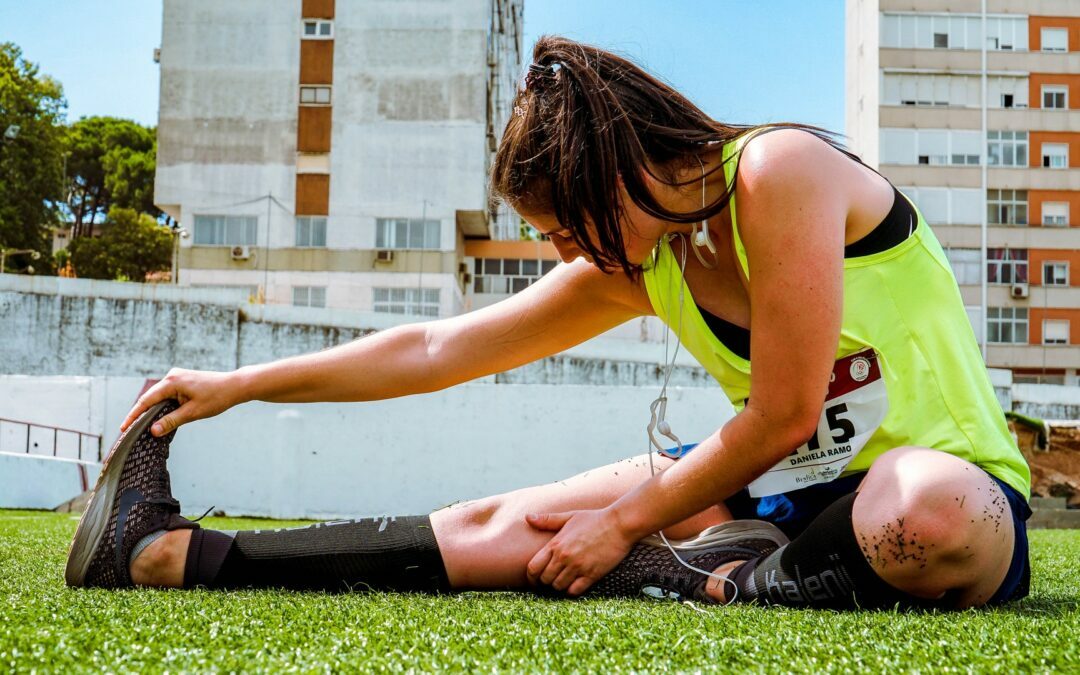Stretching is a part of our workout regimen many of us tend to skip. We might say it is because of lack of time, impatience or a feeling that stretching is pointless. However it is important that our joints are able to move in various directions with a certain degree of freedom.
As our bodies age, we become stiffer and lose the flexibility we had when we were young. Chances are unless you’re a dancer or a gymnast, you’ll have lost that fluid flexibility you had as a child and early adulthood.
However, it is never too late to regain enough flexibility to remain youthful and limber by training through stretching. Proper stretching allows us to continue doing our daily tasks into old age, such as reaching that high shelf, bending to pick up a dropped object, or accessing that hidden switch behind an awkward kitchen cabinet.
One reason it’s important to stretch before working out is that we are likely to use muscles and tendons that are normally inactive. Without flexibility to those muscles, the risk of injury or of tearing those muscles and tendons when used, is higher. If stretching is done correctly before working out, it’s a good prevention against injury, and can also be used to treat injuries as well. Finally, when done properly, stretching simply feels good. It can be a great way to gently start the day or to wind down after work.
Preparing the body for exercise by warming up the muscles by stretching is easy and need not take up much of your time. This will increase the blood flow to your muscles and loosen them up allowing you to exercise with a decreased chance of injury or soreness.
Simply warm up the various muscle groups with slow stretches of the joints toward the end of their range of motion; this should cause the feeling of a gentle pull being felt in the muscles. Hold the position for 15 to 30 seconds and then alternate side or muscle groups.
Not only does stretching prevent injury, but it also improves the mechanical efficiency of your body. Stretching prior to exercise means the muscles are stretched and warmed up, allowing them to undergo the full range of motion with less effort when exercising; this means the body’s overall performance is improved.
Other added benefits to stretching include improved circulation to the muscles and joints, which in turns alleviates the pains felt post-workout. Stretching can also help to improve your posture. If you find at the end of the day you’re stiff and achy from sitting at a desk all day, try stretching. You might find that you’ll feel instantly better. Regular stretching in your shoulders and neck may help you to maintain a better posture. As a result, this may help to prevent the onset of lower back pain.
References Used:
[1] http://www.spineuniverse.com/wellness/exercise/incorporating-stretching-your-exercise-routine Accessed October 2011
[2] http://www.healthnewengland.com/newsletters/LivingWell/LW/Livewell13.pdf Accessed October 2011

